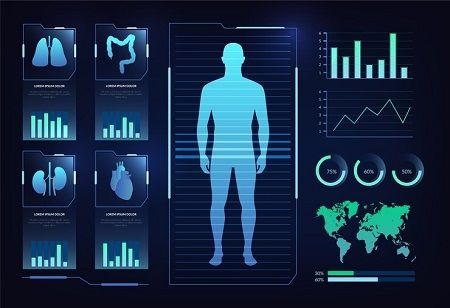India Pharma Outlook Team | Friday, 19 September 2025

The National Institutes of Health (NIH) launched an initiative to advance research on whole person health that aims to create the first integrated knowledge network of healthy physiological function.
This initiative takes a health approach as an interconnected system with multiple determinants influencing health, rather than the traditional biomedical research of focusing on individual organs or diseases related to a health condition.
“Biomedical research is largely organized around the study of specific organs and diseases. In contrast, we do much less research on health itself, which is an integrated process involving the whole person,” said Helene M. Langevin, M.D., director of NIH’s National Center for Complementary and Integrative Health, which leads the NIH-wide programme.
Also Read: Cost-Effectiveness of Minimally Invasive Surgery in Outpatient Settings
“By organizing healthy physiological function into a whole-body knowledge network, researchers will be able to explore scientific questions about health in a new way,” said Dr. Langevin.
This five-year initiative will operate in stages, creating its basis on existing resources such as the NIH Human Reference Atlas, and the Human BioMolecular Atlas Programme (HuBMAP). Its end goal is to connect anatomical and functional connections across organs and systems simultaneously in one interactive model.
Subsequent phases will connect common clinical measures with physical functions, creating what NIH proposes to call the Whole Person Reference Physiome. By connecting and integrating available human data researchers will access a new set of methodologies and approaches for exploring pathways leading to the decline and restoration of health. This undertaking highlights NIH as the nation’s premier medical research agency supporting applications that will not only target disease, but also create the groundwork to advance health through a whole person approach.